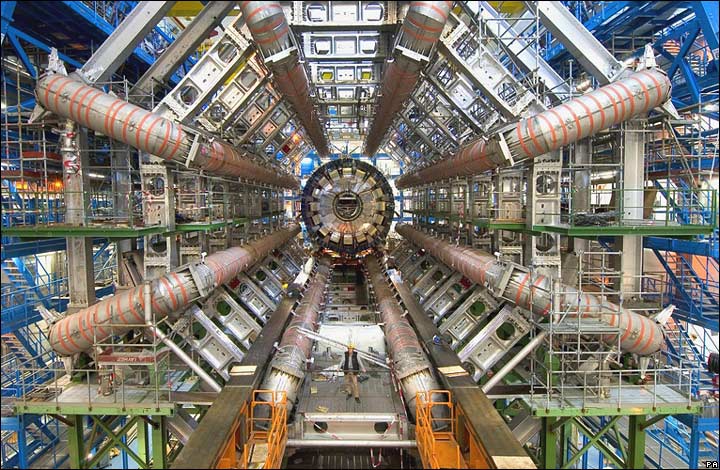Thanks to the digital revolution we’re living in today, data is virtually everywhere in the modern world. We generate data every day from our Zoom calls to our Wi-Fi-connected fridges to using Siri and Google for immediate solutions to our problems.
It is hard to think of any sector that hasn’t been revolutionized by data science, and experts estimate that we will have created over 200 Zettabytes of data by 2025. To put that into perspective, one zettabyte is like a trillion Gigabytes and should be enough storage for 60 billion video games or 30 billion 4K movies.
While storing data is a complex issue in its own right, the real challenge lies in finding value from data, hence the need for data engineering.
Continue reading to get answers to some of the key questions you might have regarding data engineering such as; what is data engineering? How does it work, and what value can it provide for business operations?
What Is Data Engineering?
Data collection was not as automatic as it is today. It used to be a manual process where people would have to key in a plethora of data values from various data sources into spreadsheets. Unfortunately, the result was a collection of ‘structured data’ that mainly involved short text and numbers.
However, the need for innovations in data collection to inform business decisions has given rise to data engineering.
Data engineering is crucial for any data-driven company to gain a competitive edge over its business rivals. It is a branch of data science that involves creating and implementing an effective infrastructure for data collection and analysis for practical business applications.
Data engineering provides an algorithmic architecture that can structure and format big datasets for data scientists to make data-driven predictions and deliver high-value insights.
So, How Does Data Engineering Work?
Basically, the idea behind data engineering is not just to collect data but to transform it from its raw format and convert it to a format that’s fit for storage in a dedicated database for easy analysis.
Data engineers need to have good programming skills and a strong understanding of the data ecosystem to do the following tasks:
1. Create ETL Pipelines
ETL, which stands for extract, transform and load, involves moving data from one source to another. Data engineers design, implement and maintain ETL pipelines to establish an effective and cohesive data infrastructure system.
2. Oversee Data Warehouses
The next step after data collection involves storing the data where it can be accessed for easy analysis. Data engineers build and maintain data warehouses for this purpose.
What Are the Key Skills Data Engineers Need
To perform the tasks listed above effectively, data engineers more or less need to be ‘data literate.’ This means they need to have specialized skills in creating software solutions concerning data.
But the data landscape is incredibly dynamic in that there seems to be a breadth of tools and technologies that are constantly being updated. However, some tools like SQL have been in-use since for a long time while others like Scala are falling out of favor. Moreover, the role of a data engineer will vary depending on the company they work for.
That said, here are some of the most critical and highly desired skills for data engineers today:
- Data Processing – A data engineer needs to understand many tools for processing big data sets, such as Apache Spark and Hadoop.
- Software Engineering – This falls at the core of data engineering. It involves having a wide knowledge of software architecture to build data ETL pipelines and warehouses that can handle massive amounts of data as highlighted above.
- Programming and Database Management – Data engineers need to be familiar with database tools such as SQL and NoSQL. They also need to know languages useful in data science, such as R, Java, and Python.
Is Data Engineering and Data Science the Same Thing?
With big data becoming a crucial asset in the 21st century, job roles have diversified exponentially within the field of data. However, there seems to be a significant overlap between data scientists and data engineers when it comes to job roles.
As highlighted above, data engineers focus on developing a data infrastructure for data collection and analysis. Data scientists, on the other hand, focus on performing advanced mathematical and statistical analysis on the collected data.
Data scientists rely on the architectural framework developed and maintained by data engineers to conduct high-level research on the market and business to identify potential opportunities and trends the organization can leverage.
Data engineers support the work of data scientists by providing an infrastructure the latter can interact with using sophisticated tools to deliver solutions to business problems.
As such, it would be correct to conclude that data engineers and scientists complement one another in their work. It’s highly unlikely for you to find one person who is highly skilled in both data science and engineering.


3 comments
purchase imitrex without prescription – imitrex canada cost imitrex 25mg
best generic cialis The Glynn County Health Department has issued a swimming advisory for Oceanview Beach, which is from Brice Lane to the Beach Pavilion on Jekyll Island
Your explanation is organized very easy to understand!!! I understood at once. Could you please post about casino online ?? Please!!